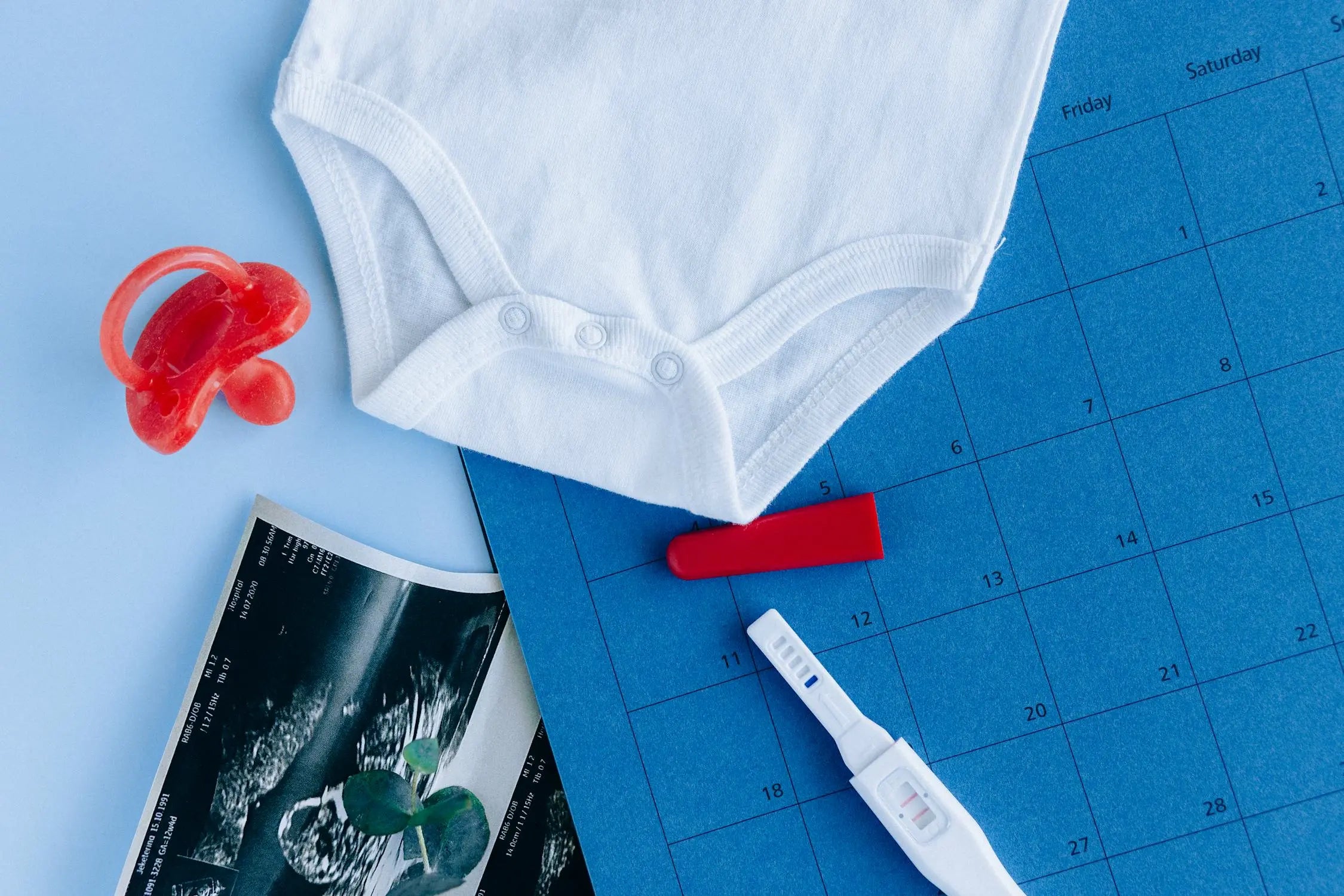Home
Pregnancy, Breastfeeding, and Pumping: The Ultimate Guide for Moms
Which Pregnancy Test Is More Accurate: A Comprehensive Guide

Which Pregnancy Test Is More Accurate: A Comprehensive Guide
When it comes to confirming pregnancy, accuracy is paramount. With so many options available, it can be overwhelming to determine which pregnancy test is more accurate. This article delves into the science behind pregnancy tests, explores the factors that influence their reliability, and provides practical tips to help you make an informed decision.
Understanding How Pregnancy Tests Work
Pregnancy tests detect the presence of human chorionic gonadotropin (hCG), a hormone produced by the placenta after a fertilized egg attaches to the uterine lining. Most tests are designed to measure hCG levels in urine or blood. Urine tests are widely available and convenient, while blood tests are typically performed in a medical setting and are considered more sensitive.
Types of Pregnancy Tests
There are two main types of pregnancy tests: urine tests and blood tests. Urine tests can be further categorized into strip tests, midstream tests, and digital tests. Each type has its own advantages and limitations. Blood tests, on the other hand, are divided into qualitative and quantitative tests, with the latter providing precise measurements of hCG levels.
Factors That Affect Accuracy
Several factors can influence the accuracy of a pregnancy test. These include the timing of the test, the sensitivity of the test, and how the test is used. Testing too early, using an expired test, or not following the instructions correctly can all lead to inaccurate results. Additionally, certain medical conditions and medications can affect hCG levels, potentially causing false positives or negatives.
Comparing Urine and Blood Tests
Urine tests are generally less expensive and more accessible than blood tests. However, blood tests are more sensitive and can detect pregnancy earlier. Blood tests are also more reliable in cases where hCG levels are low or when there is a need to monitor hCG levels over time. Ultimately, the choice between urine and blood tests depends on your specific circumstances and preferences.
Tips for Choosing the Right Test
To ensure the most accurate results, consider the following tips: choose a test with high sensitivity, follow the instructions carefully, and test at the right time. If you receive a positive result, confirm it with a healthcare provider. If you receive a negative result but still suspect you might be pregnant, wait a few days and test again or consult a medical professional.
Common Myths About Pregnancy Tests
There are many misconceptions surrounding pregnancy tests. For example, some people believe that drinking large amounts of water before taking a test can improve accuracy, but this can actually dilute hCG levels and lead to false negatives. Another myth is that all tests are equally accurate, but sensitivity levels can vary significantly between different tests.
The Role of Technology in Pregnancy Testing
Advancements in technology have led to the development of more accurate and user-friendly pregnancy tests. Digital tests, for instance, provide clear results in words rather than lines, reducing the chances of misinterpretation. Additionally, some tests now offer features like early detection and the ability to estimate the number of weeks since conception.
When to Consult a Healthcare Provider
While home pregnancy tests are highly accurate when used correctly, there are situations where consulting a healthcare provider is advisable. If you experience unusual symptoms, receive conflicting results, or have concerns about your health, seek medical advice. A healthcare provider can perform a blood test and provide guidance based on your individual needs.
Choosing the right pregnancy test can make all the difference in getting accurate results. By understanding how these tests work, considering the factors that affect their accuracy, and following best practices, you can confidently navigate this important step in your journey. Whether you opt for a urine test or a blood test, the key is to make an informed decision that aligns with your needs and circumstances.
Share
